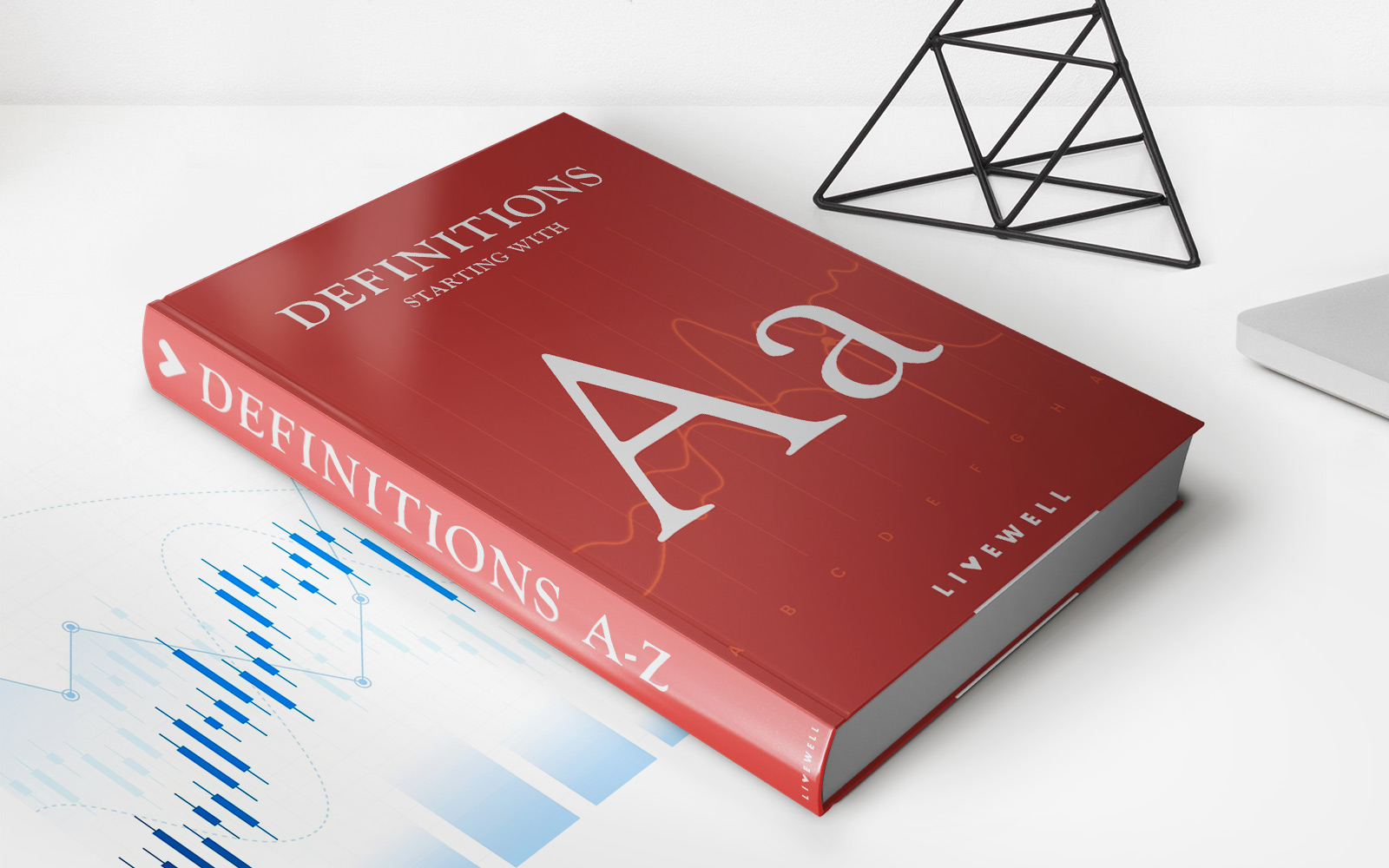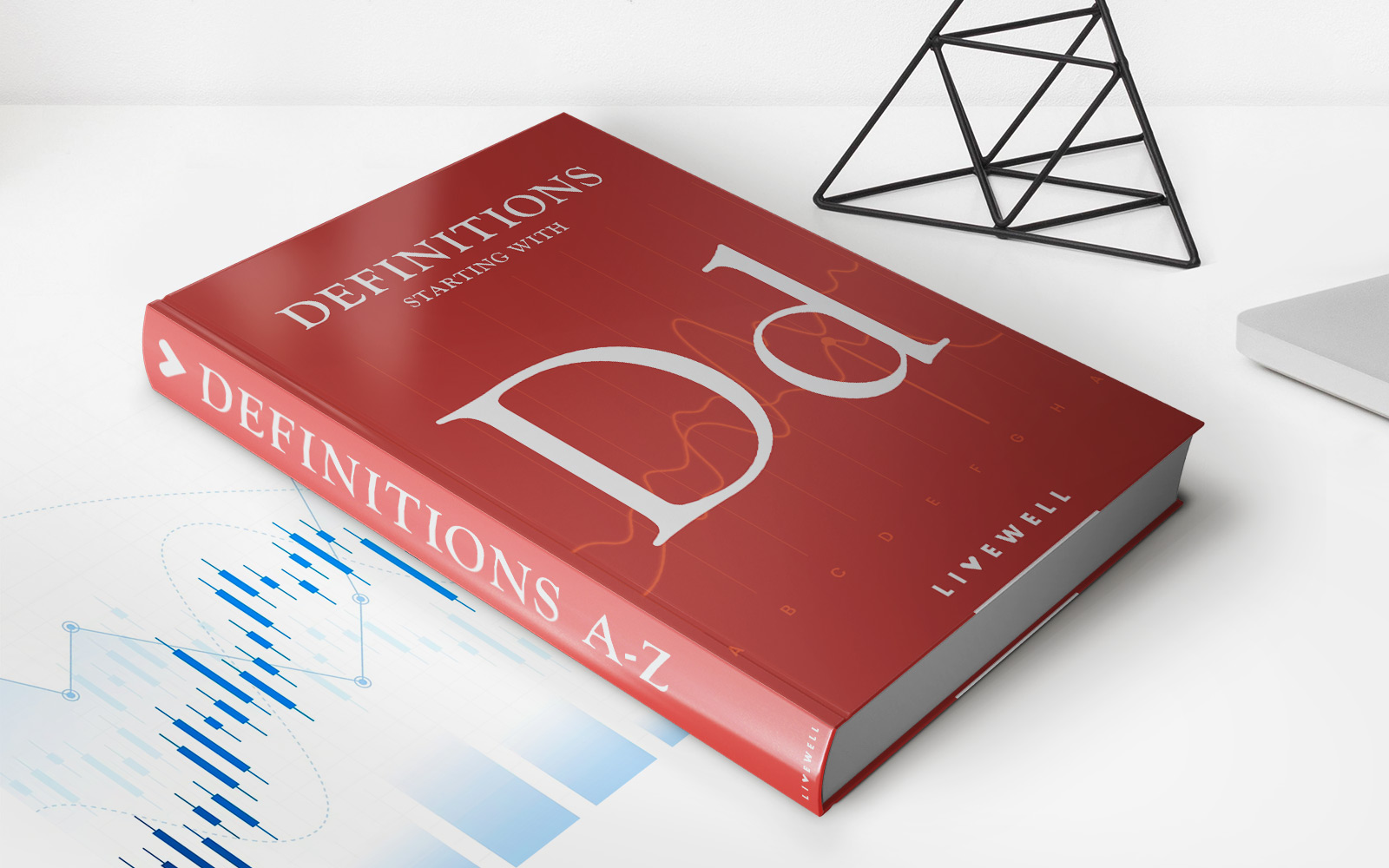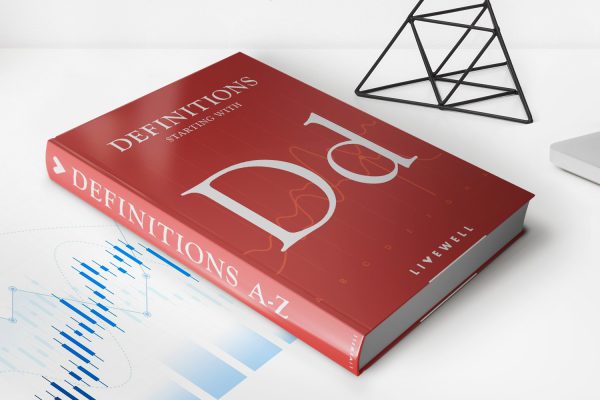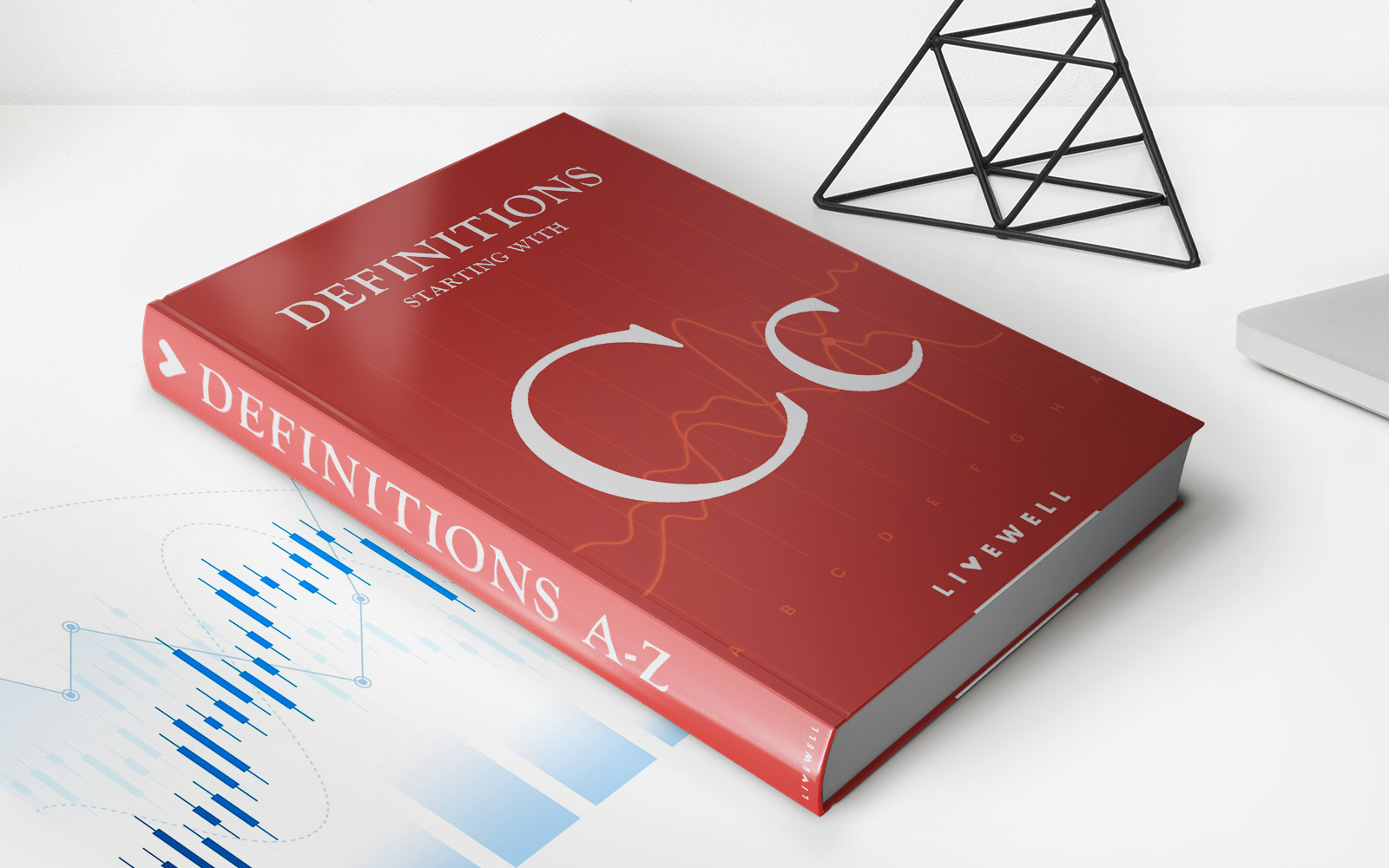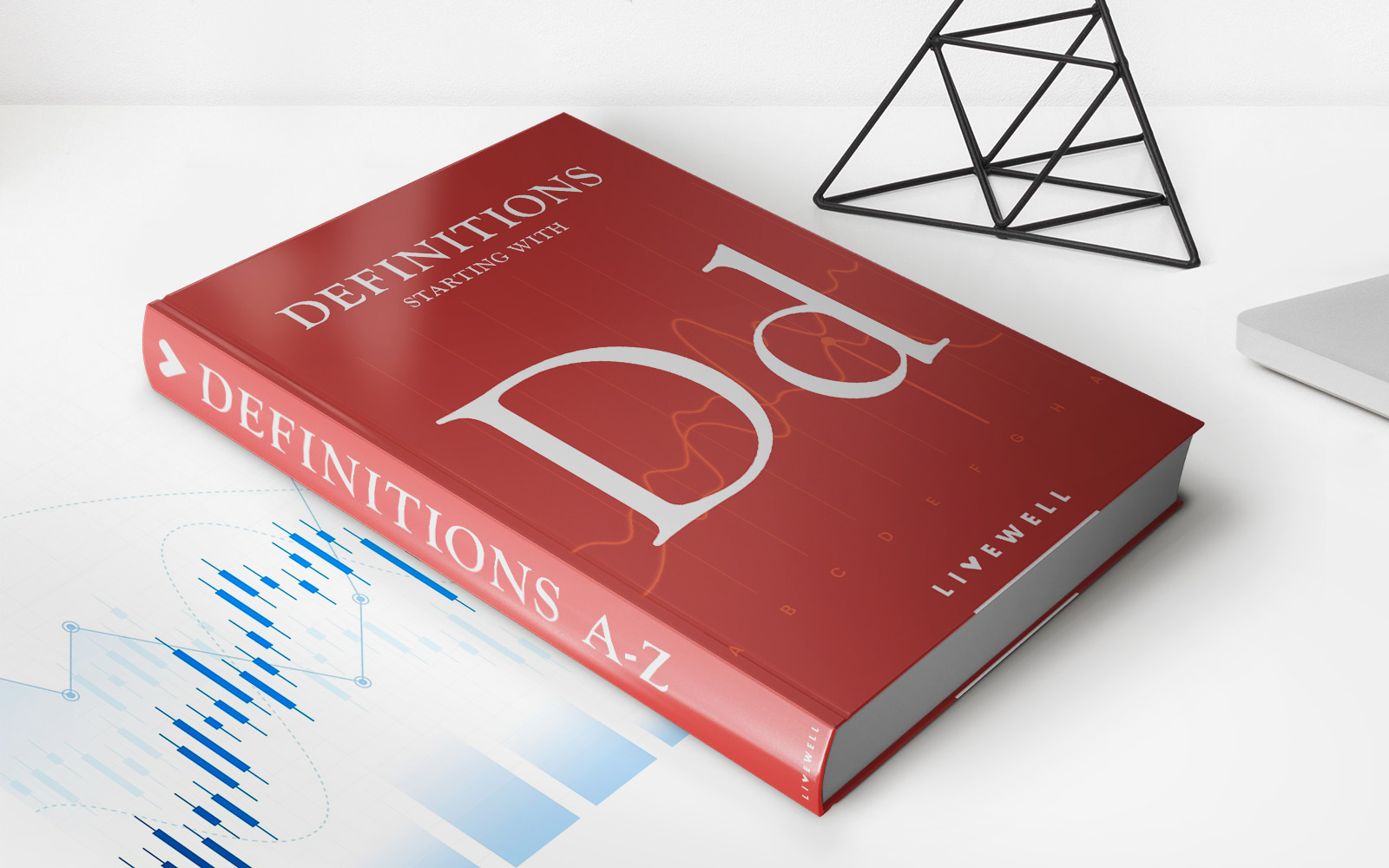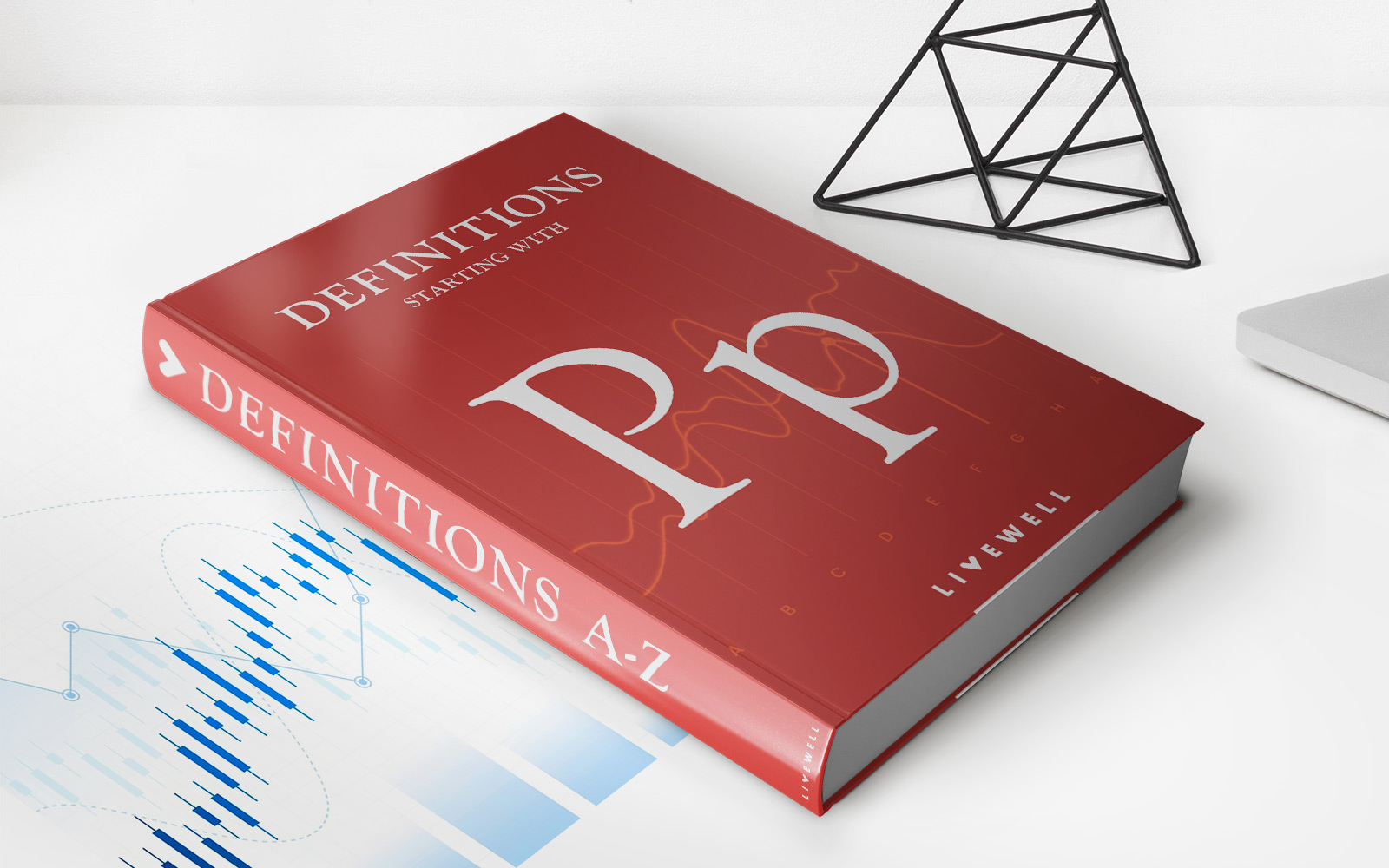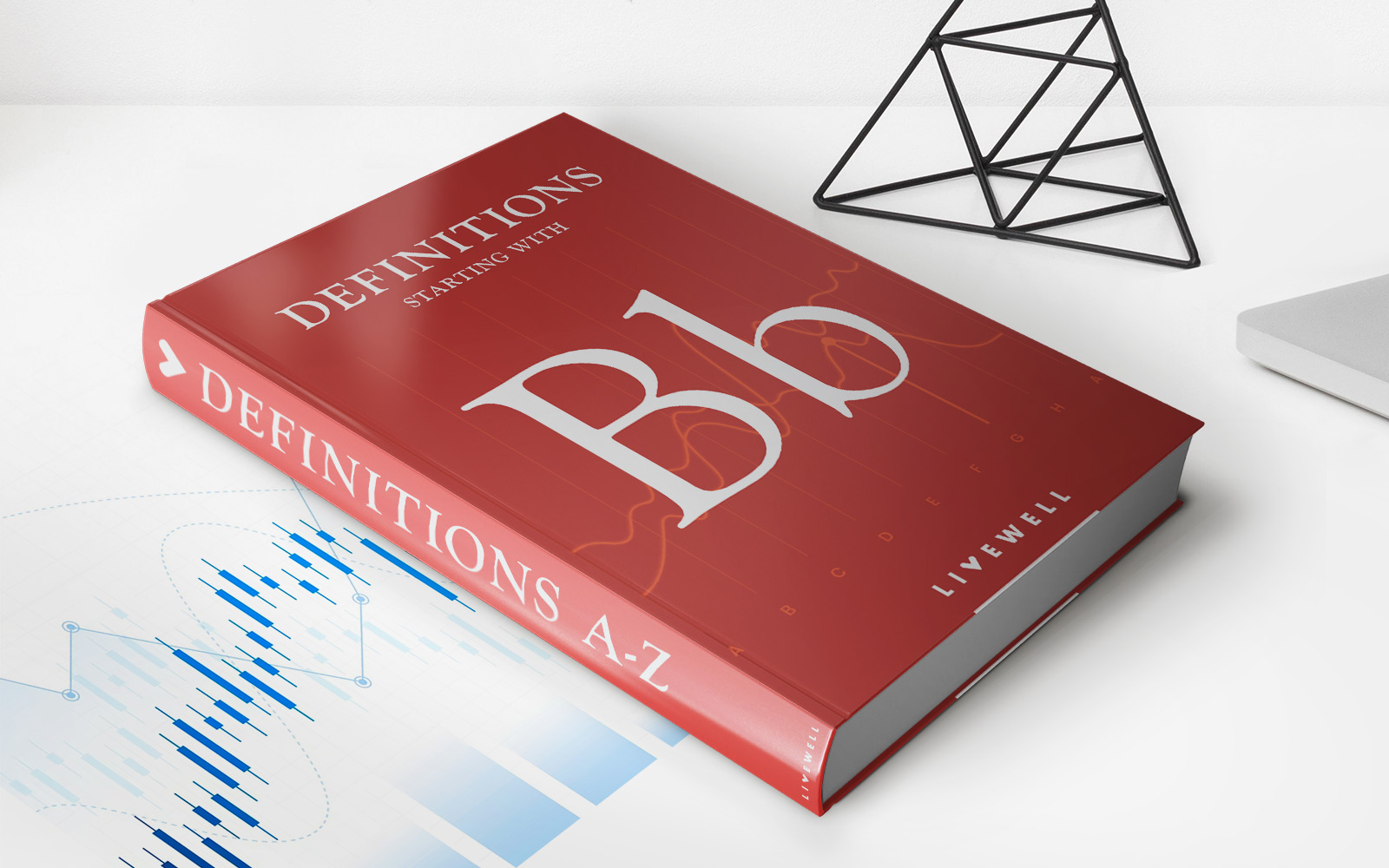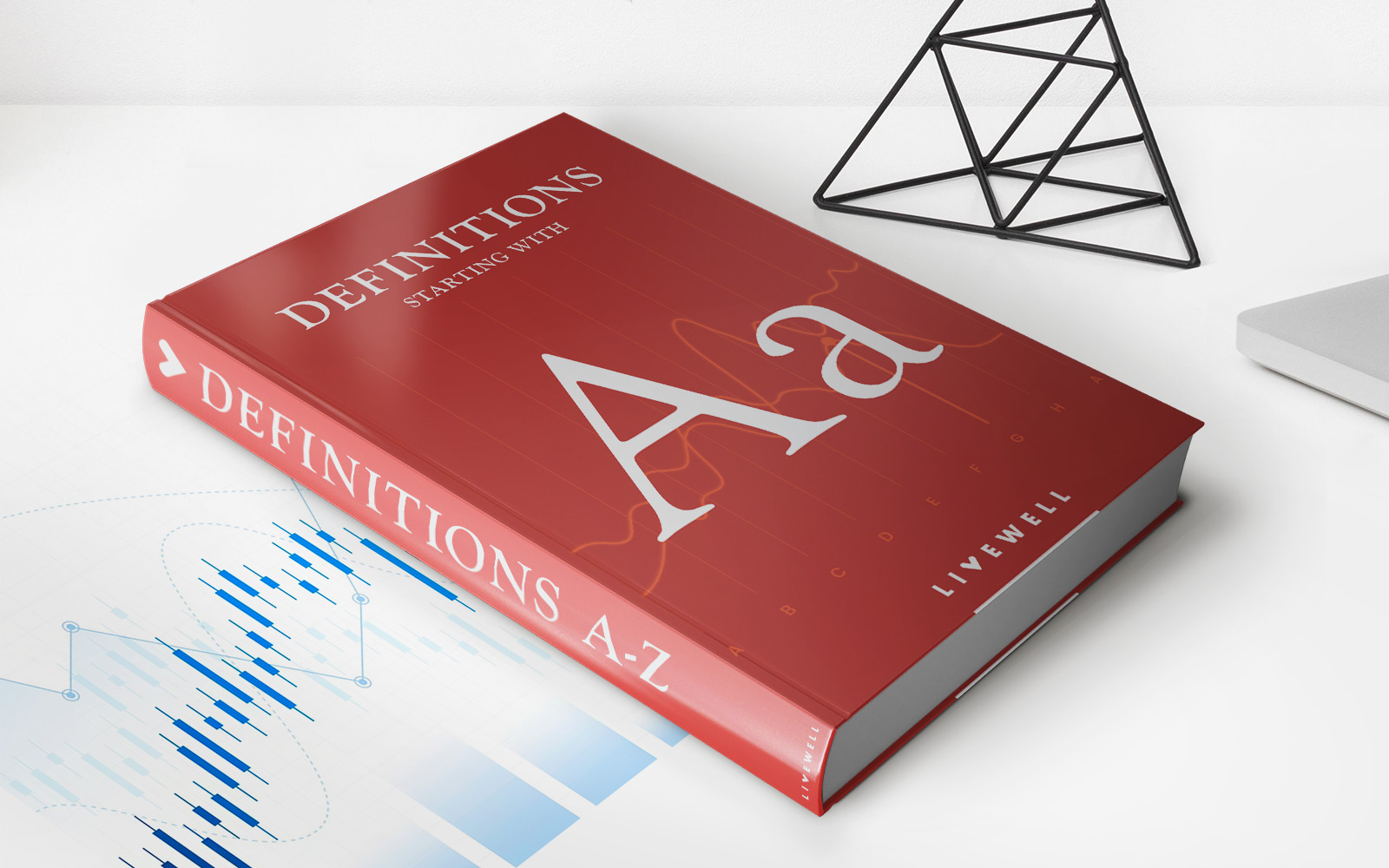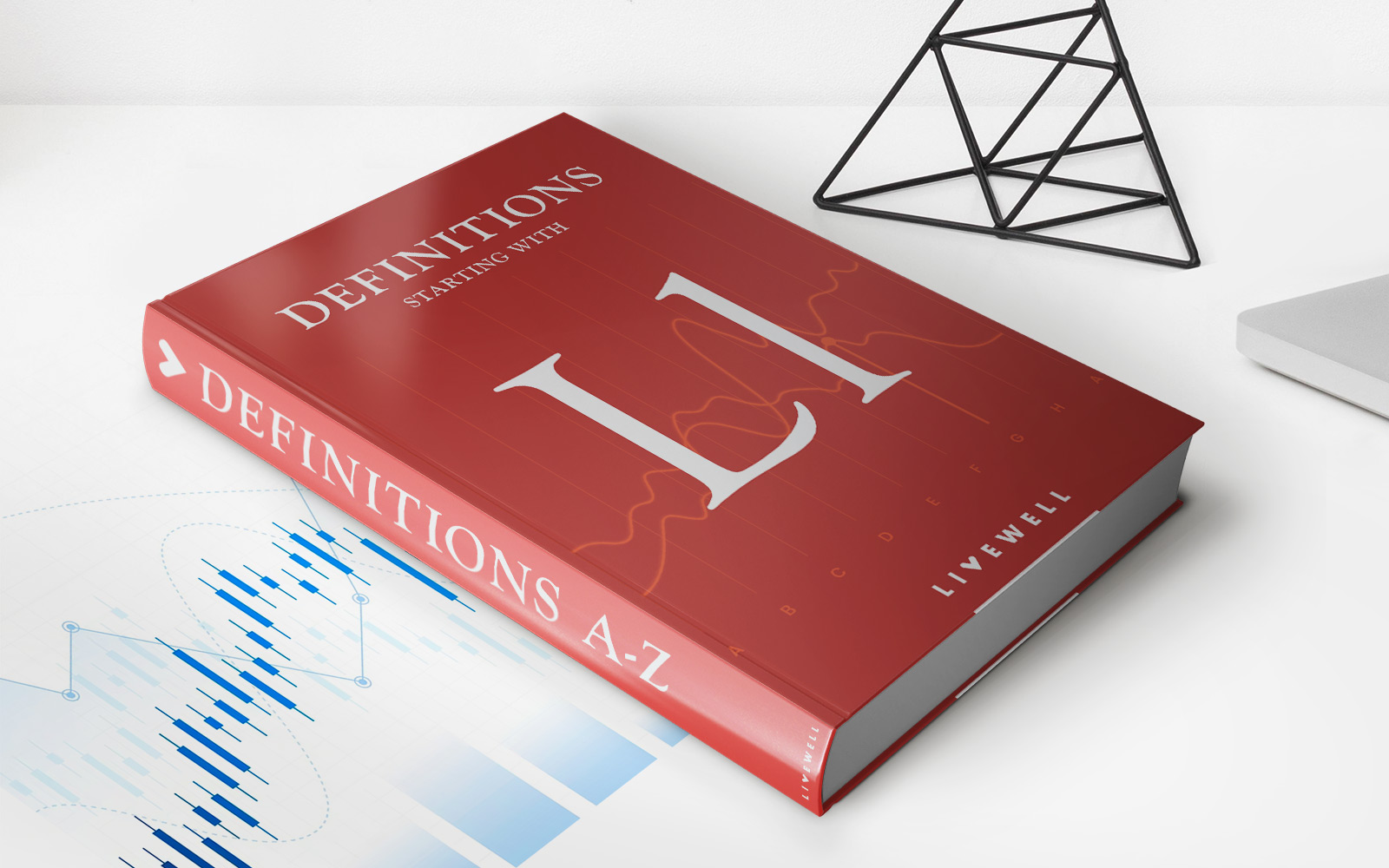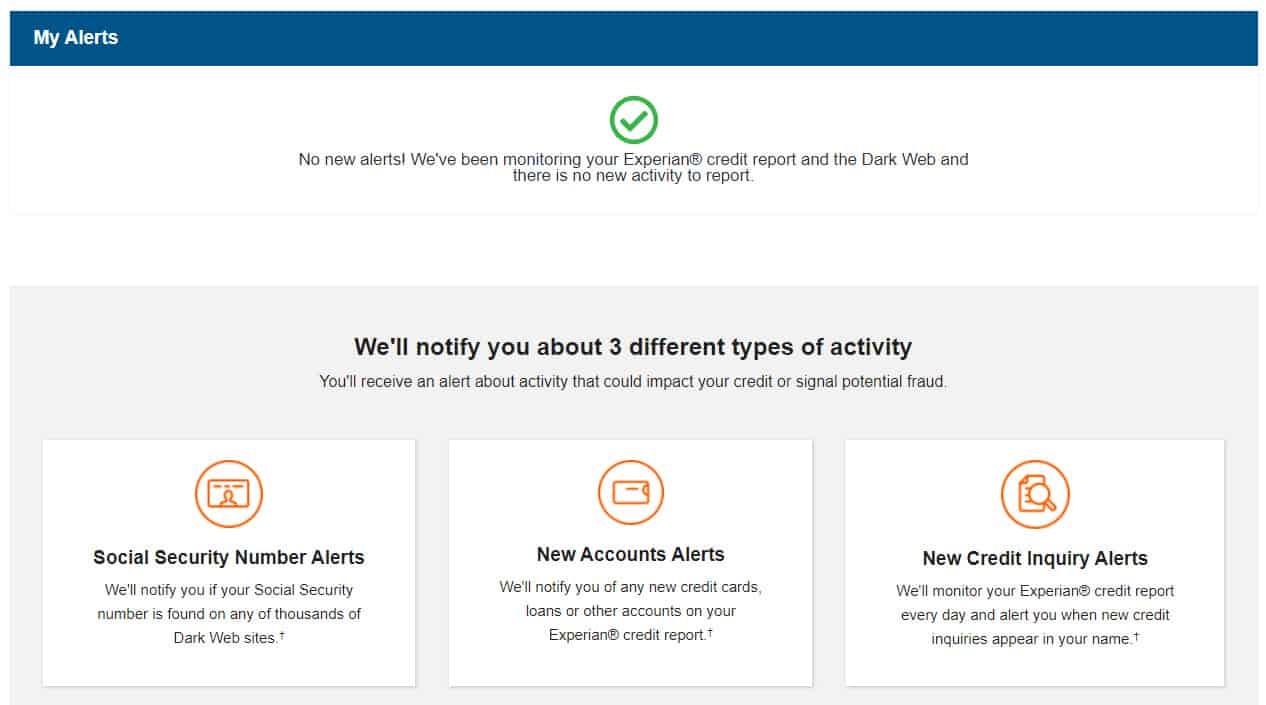Home>Finance>Dealers: Definition In Trading, Meaning And Comparison To Brokers
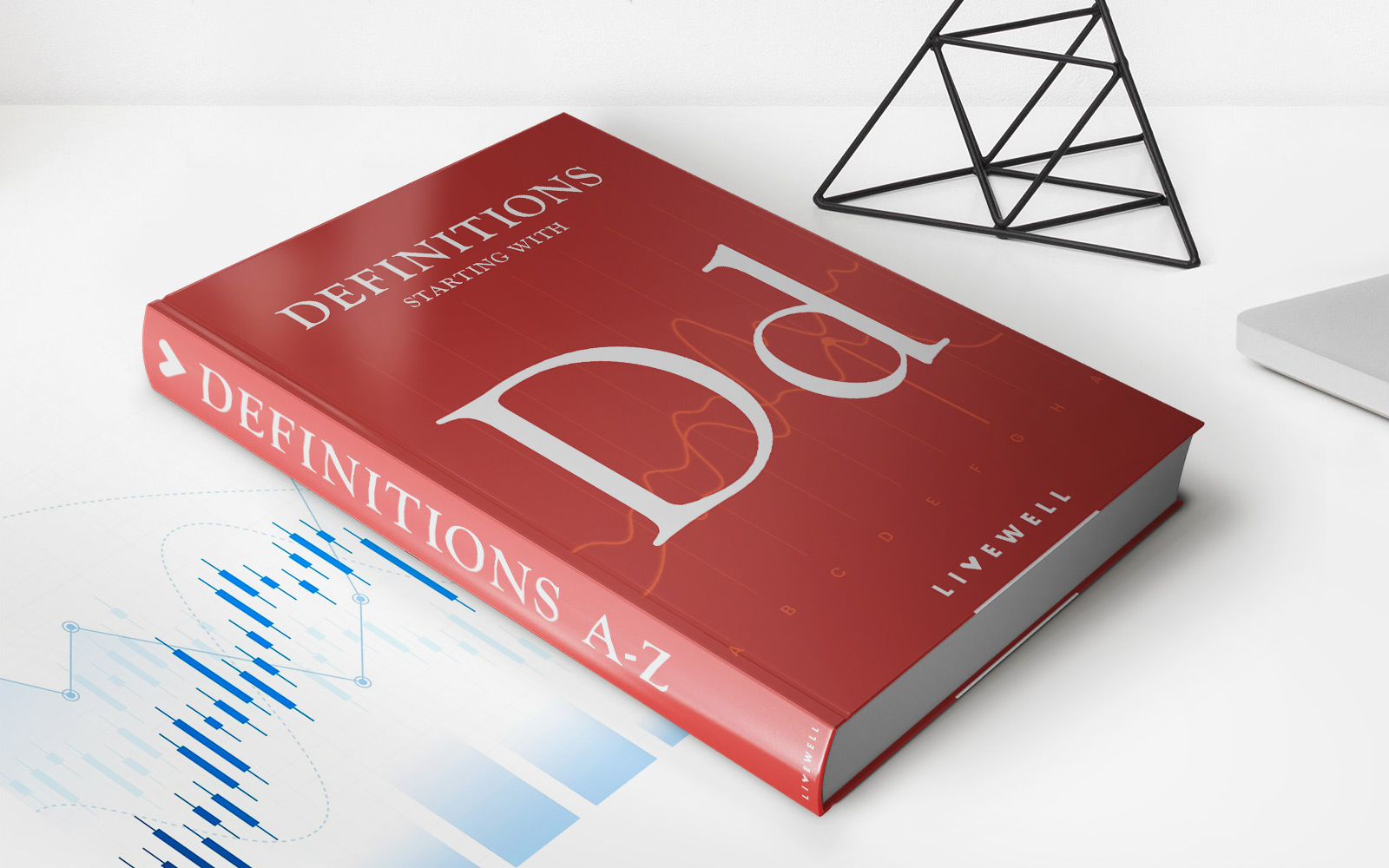

Finance
Dealers: Definition In Trading, Meaning And Comparison To Brokers
Published: November 8, 2023
Looking for a clear understanding of dealers in finance trading? Discover their definition, meaning, and how they compare to brokers in this comprehensive guide.
(Many of the links in this article redirect to a specific reviewed product. Your purchase of these products through affiliate links helps to generate commission for LiveWell, at no extra cost. Learn more)
Dealers: Definition in Trading, Meaning and Comparison to Brokers
When it comes to the world of finance, there are various players who have important roles in ensuring that markets function efficiently. Two key roles in the financial industry are dealers and brokers. While both deal with the buying and selling of financial instruments, such as stocks, bonds, and derivatives, they have distinct differences in their functions and responsibilities. Let’s delve deeper into the world of dealers and explore their definition, meaning, and how they compare to brokers.
Key Takeaways:
- Dealers are financial market participants who buy and sell financial instruments for their own account.
- Brokers, on the other hand, act as intermediaries between buyers and sellers, executing trades on behalf of their clients.
Defining Dealers in Trading
In the financial markets, dealers play a crucial role in facilitating the smooth functioning of trading activities. A dealer is an individual or firm that engages in the purchase and sale of financial instruments for its own account. Dealers act as principal traders, meaning they trade for their own profit or loss, rather than facilitating trades for others.
Dealers actively provide liquidity to the market by buying and selling financial instruments from their own inventory, which enables smooth transactions and ensures that markets remain liquid. They quote bid and ask prices to potential buyers and sellers, creating a two-sided market that allows for efficient price discovery.
Comparing Dealers to Brokers
While both dealers and brokers are involved in trading financial instruments, their roles and responsibilities differ significantly. Here are the main differences between dealers and brokers:
- Trading on Behalf of Accounts: Dealers trade for their own accounts, seeking to profit from price fluctuations and spreads. On the other hand, brokers act as intermediaries, executing trades on behalf of their clients.
- Risk Assumption: Dealers assume the risk associated with trading financial instruments for their own account. Brokers, however, do not take on the risk but instead charge commissions or fees for executing trades on behalf of their clients.
- Inventory and Liquidity: Dealers maintain an inventory of financial instruments, allowing them to provide immediate liquidity to the market. Brokers, being intermediaries, do not hold inventory and rely on market liquidity to execute trades.
It is important to note that some financial institutions can operate as both dealers and brokers, depending on the type of trading or services they provide.
Conclusion
Dealers play a vital role in the financial markets, ensuring liquidity and efficient price discovery. While dealers actively trade financial instruments for their own accounts, brokers act as intermediaries, executing trades on behalf of clients. Understanding the difference between these two roles is crucial for investors and traders to make informed decisions and navigate the complexities of the financial world.
